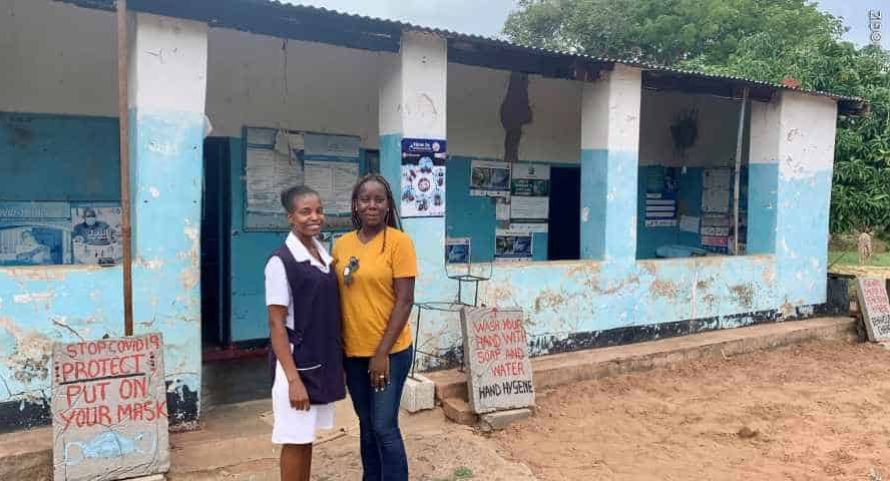Healthcare posts: producing electricity and chlorine with solar panels

The challenge
One in two Zambian health facilities has no water supply and only one in three has basic sanitation. A quarter cannot perform hand hygiene before medical care, and two-thirds cannot properly dispose of medical waste. No access to electricity drastically limits the quality of health care that can be provided in the RHFs. Many do not even have basic lighting, forcing nurses to deliver babies using the torchlight from their phones. All of this significantly reduces the quality of medical care in Zambia and puts a strain on patient recovery.
The goal
With electricity, health facilities could utilise diagnostic, respiratory, and other medical equipment, use mobile phones, computers and lights, and use refrigerators to keep medications cool. Electricity could also be used to produce chlorine at low cost – for disinfection and water treatment in the health facilities themselves, but also to sell to community members. This would have two effects at once: people in and around the healthcare posts would have clean water and sanitation, and the healthcare posts could generate additional revenue for their upkeep through chlorine sales.
Our partner
The project partner is the organisation On Call Africa, which organises high-quality health care for marginalised rural communities in cooperation with the Zambian Ministry of Health. Another key stakeholder is the Kazungula District Health Office. It is expected to take responsibility for the project – alongside the three beneficiary rural health facilities. WaterAid Zambia is adapting rural health facilities in Kazungula District to newly developed national standards for water, sanitation, hygiene, waste management and accessibility. The project is also a partner in the Association for the Electrification of Rural Health Facilities in Zambia and will serve as a pilot project to subsequently use the experience to equip other health facilities in Zambia.
The approach
The project partners will work with the Ministry of Health to develop criteria that the health department will use to work with On Call Africa in selecting three pilot communities in which to launch the project. Priority will be given to facilities that do not have access to electricity, whose land and property are owned by the Ministry of Health, and where the need is high. Initially, systems will be installed on the roofs of health facilities. The next step will then be installing a solar-powered chlorine production system that can produce 120 litres of chlorine per day for district-level health facilities with little effort and at low cost.
Kazungula District
Electrification of social infrastructure
Rural population
03/2022 – 06/2023



